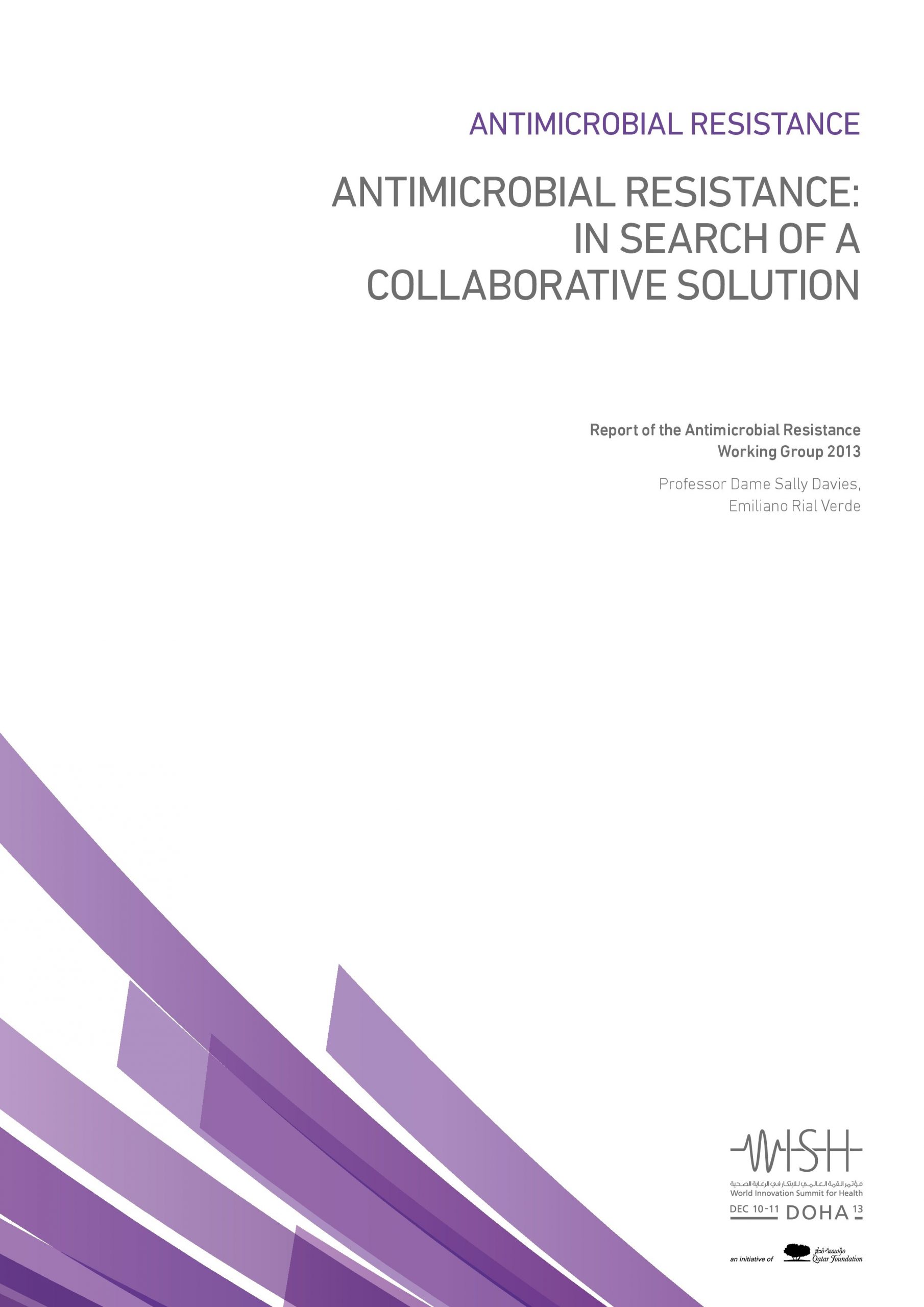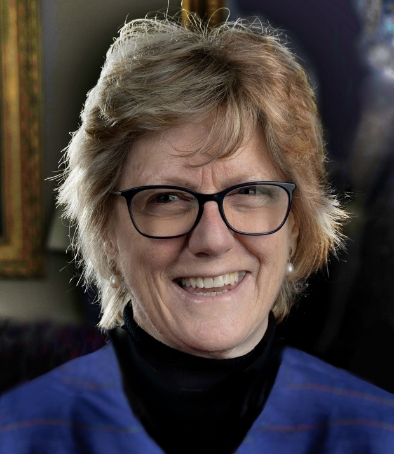Antimicrobial Resistance (AMR) is resistance of a microorganism to an antimicrobial medicine to which it was originally sensitive. Resistant organisms are able to withstand attack by antimicrobial medicines, such as antibiotics, antifungals, antivirals, and antimalarials, so that standard treatments become ineffective and infections persist, increasing risk of spread to others. The evolution of resistant strains is a natural phenomenon that happens when microorganisms are exposed to antimicrobial drugs, and resistant traits can be exchanged between certain types of bacteria. The misuse of antimicrobial medicines accelerates this natural phenomenon and poor infection control practices encourage the spread of AMR. The development of AMR is a natural phenomenon. However, certain human actions actually accelerate the emergence and spread of AMR. AMR is a complex problem driven by many interconnected factors, so single and isolated interventions have little impact and coordinated actions are required. This Forum will focus on the actions that can be taken to combat AMR, including fostering coordinated actions by all stakeholders, creating policy guidance, supporting surveillance, providing technical assistance, and fostering innovation in research and development.
Prof. Dame Sally Davies
Dame Sally Davies was appointed as the United Kingdom (UK) Government’s Special Envoy on Antimicrobial Resistance (AMR) in 2019. She is also the 40th Master of Trinity College in Cambridge University. Dame Sally was the Chief Medical Officer for England and Senior Medical Advisor to the UK Government from 2011-2019. She is a leading figure in global health, having served as a member of the World Health Organisation (WHO) Executive Board 2014-2016, and as co-convener of the United Nations Inter-Agency Co-ordination Group (IACG) on AMR, reporting in 2019. In November 2020, Dame Sally was announced as a member of the new UN Global Leaders Group on AMR, serving alongside Heads of State, Ministers and prominent figures from around the world to advocate for action on AMR.
In the 2020 New Year Honours, Dame Sally became the second woman (and the first outside the Royal family) to be appointed Dame Grand Cross of the Order of the Bath (GCB) for services to public health and research, having received her Dame Commander of the Most Excellent Order of the British Empire (DBE) in 2009.


